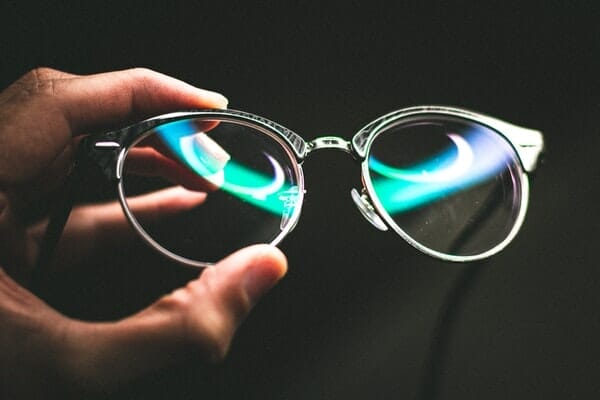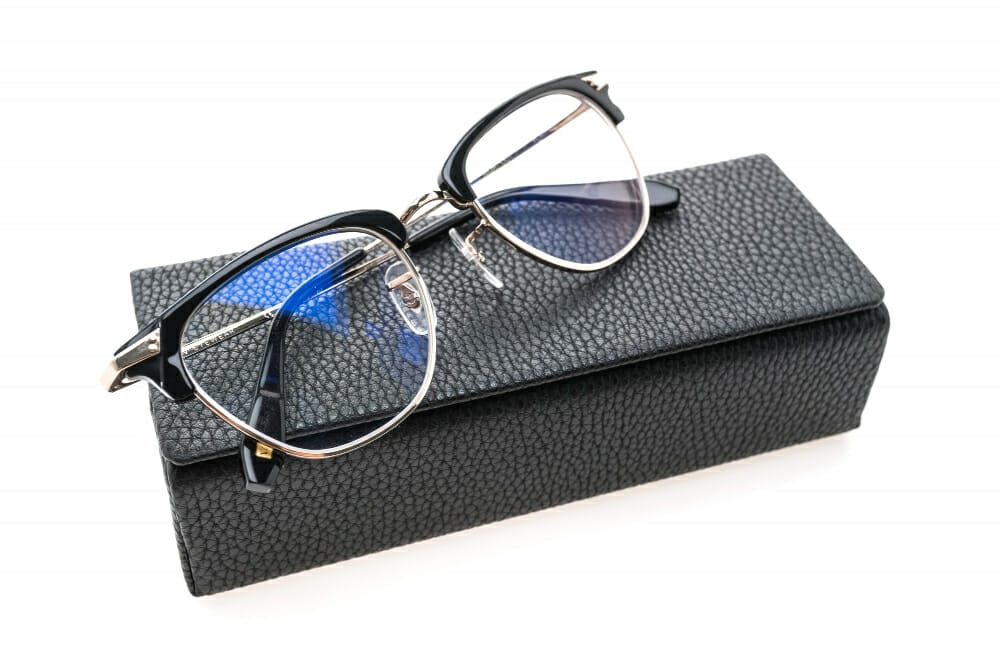Hardly anything is necessary when it comes to lenses, aside for the proper fulfilling of the Rx. However, there are things to be done that can improve the overall optical experience like adding an anti-scratch/anti-reflective coating to your lenses. So, let's make a distinction from the get go to avoid confusion later. All anti-scratch coatings are also anti-reflective or anti-glare but not all anti-reflective coatings have a scratch resistant quality. This is important when deciding on what type of anti-reflective to get on your lenses. Every anti-reflective is constructed differently and some offer just the refractive qualities of an anti-reflective while others incorporate the scratch resistance element as well. While it isn't necessary there are a myriad of benefits to choosing a scratch resistant coating for lenses. Not only do you get the benefits from your standard AR lenses but you'll also get that smoother, hydrophobic, scratch resistance which can contribute to an increase in lens longevity. Meaning, with a little bit of care, you'll get a lot more wear. Furthermore we strongly recommend getting scratch resistant coatings for children's glasses, because kids will be kids.



















